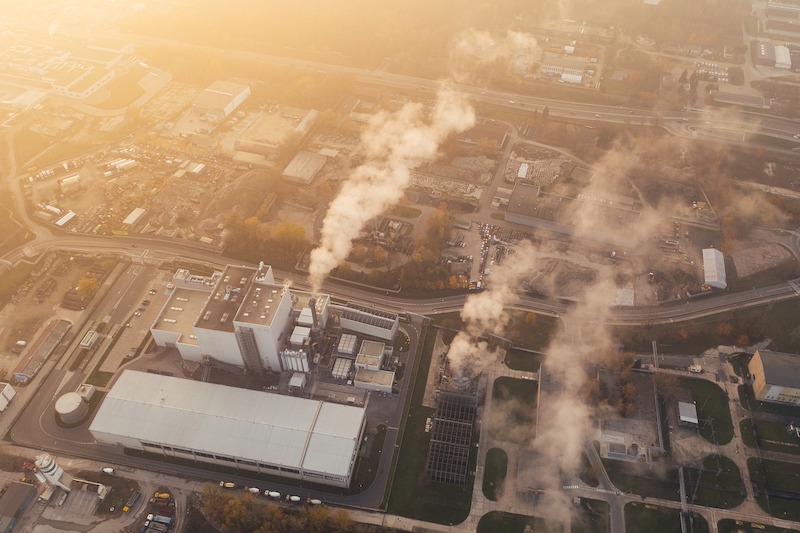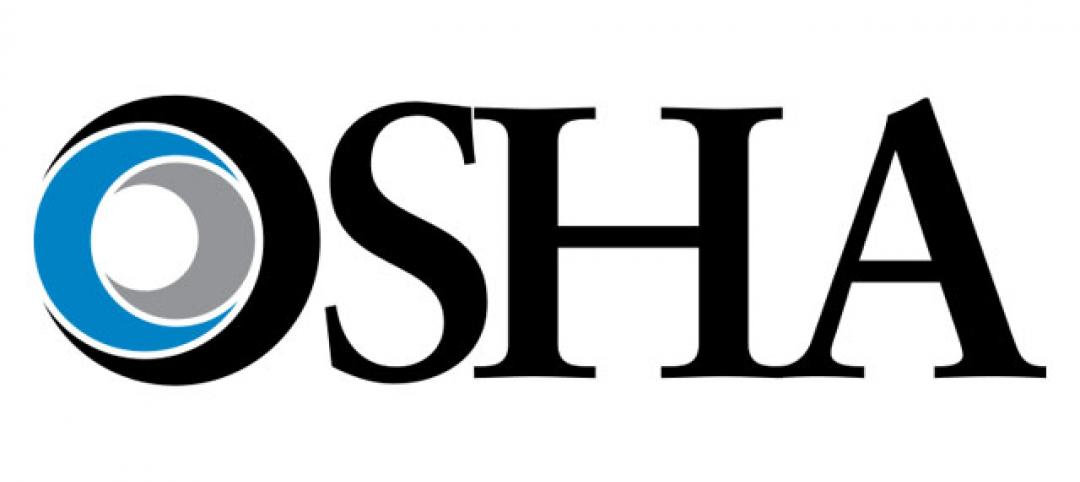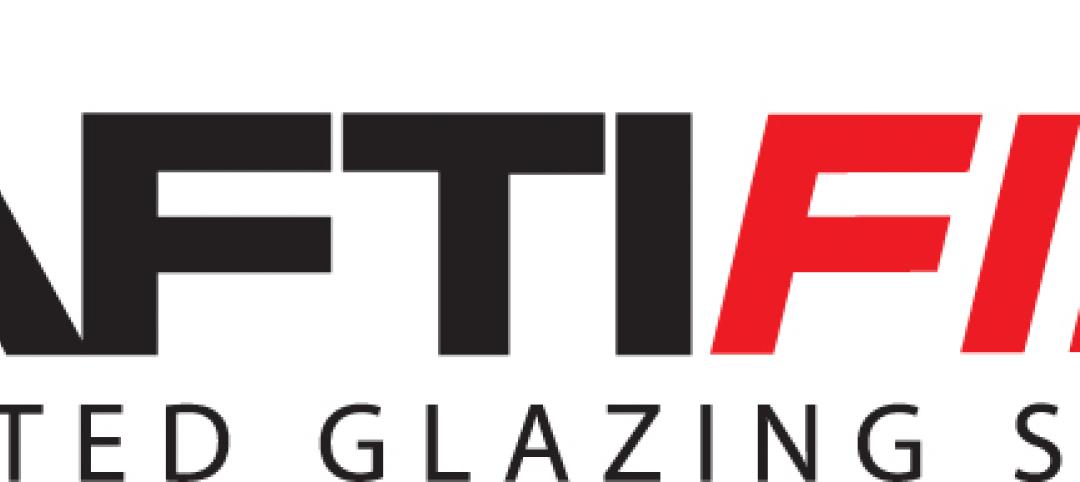State and municipal building standards aimed at driving building energy performance and reducing carbon emissions have teeth and will force building owners to retrofit their properties.
Three U.S. cities (Washington D.C., New York, and St. Louis) and Washington State have legislation on the books that created building performance standards. These policies include continuous improvement, with the standards getting increasingly more stringent over time.
In New York, the performance standard is a carbon emissions limit that begins in 2024. Building owners in New York face fines if they do not reach that limit by 2024.
In Washington D.C., the performance standard revolves around energy efficiency improvement, with the 2021 standard set at the local median Energy Star Score by property type. If the building does not meet the standard, it enters a five-year compliance cycle in which the building must reduce its energy intensity by 20%. The D.C. standards will be recalculated every six years.
Facility managers at any location could check where their building would fall under Washington D.C.’s standards or New York’s carbon limits to gauge how well the building is performing, and how much improvement might be required. Making improvements better positions the building to meet future standards while saving money on energy spending.
Related Stories
| Feb 9, 2012
Rapid growth of zero energy buildings expected
Much of that growth will be in the European Union, where near-zero energy buildings are mandated by 2019 for public buildings, and by 2021 for all construction.
| Feb 9, 2012
Stiffer OSHA fines put strain on Kansas contractors
A fine for a violation that once cost between $750 and $1,200 now runs $7,000 or more per incident, according to a state industry association official.
| Feb 9, 2012
Webinar focuses on lessons learned from LEED-certified industrial project
A Construction Specifications Institute webinar will focus on the lessons learned through the design and construction of a LEED-certified industrial project, Better Living Mill Shop, the first industrial building in Central Virginia to earn LEED certification.
| Feb 8, 2012
California likely to eliminate redevelopment agencies
Leaders of California cities had been trying to fashion a compromise with lawmakers after the state Supreme Court ruled the state had the authority to eliminate the agencies and use their property tax money for local services.
| Feb 8, 2012
Project aimed at economical seismic retrofits on historic Memphis structures
The group will develop a low-cost seismic retrofit model that would benefit aging brick-and-mortar structures. It involves bolting steel brackets to existing wooden floor and ceiling joists.
| Feb 8, 2012
Houston signs on to Better Buildings Challenge
The challenge has about $4 billion in federal and private-sector funds, which it will use for building energy upgrades nationwide in the next two years.
| Feb 8, 2012
OSHA offers free health and safety consulting for small businesses
The consultants offer confidential, non-punitive advice.
| Feb 8, 2012
Controversy over pay for prisoners on roofing job in Michigan
The disagreement was over whether the prisoners should have been paid prevailing wage for their brief time on the job because the project was paid for with a U.S. Department of Energy grant.















